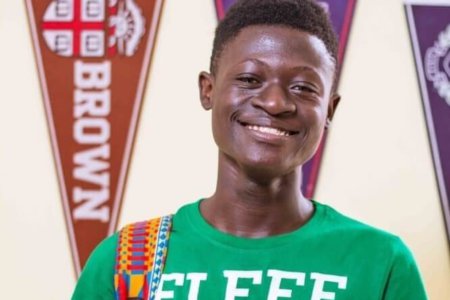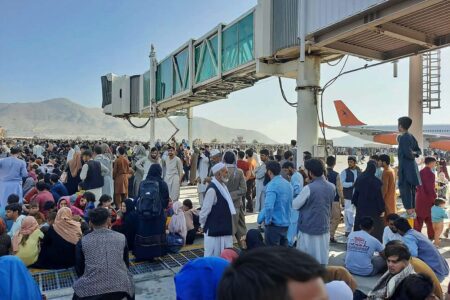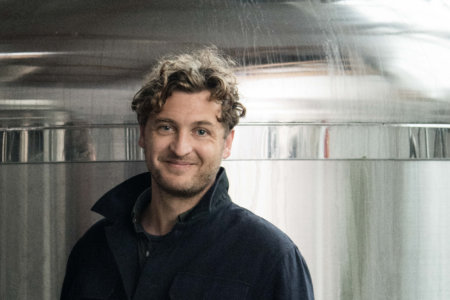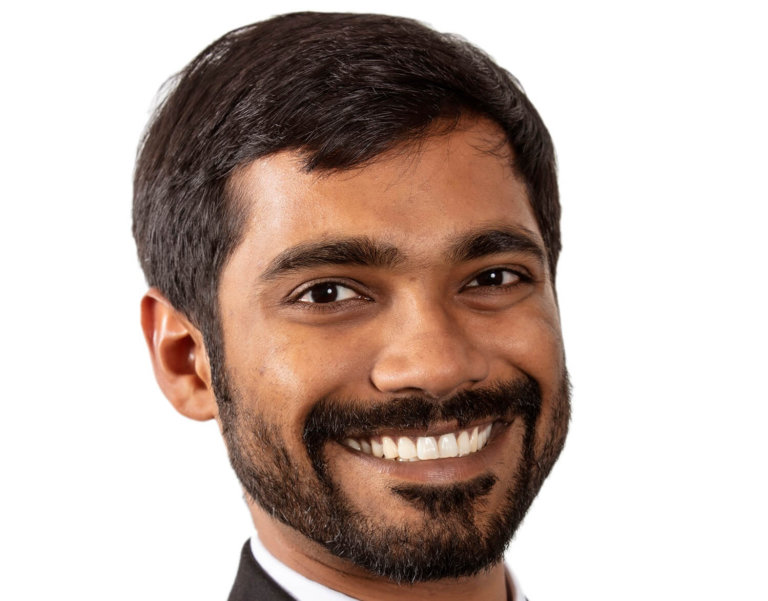
Shantanu Jain, 29, already had a degree in electronics and communication plus work experience in India’s IT industry. In 2018, he decided to go big. He packed his bags to pursue an MBA at Ireland’s Trinity Business School.
Today, thanks to the Third Level Graduate Scheme, a two-year graduate visa programme, he is able to remain in the country to work. The mix of his industrial experience with the new knowledge and skills from his MBA has immensely helped in his career at PwC Ireland now.
Below we speak to this Indian graduate on why he chose to study in Ireland, what the application process for the graduate scheme was like and what he envisions for his future:
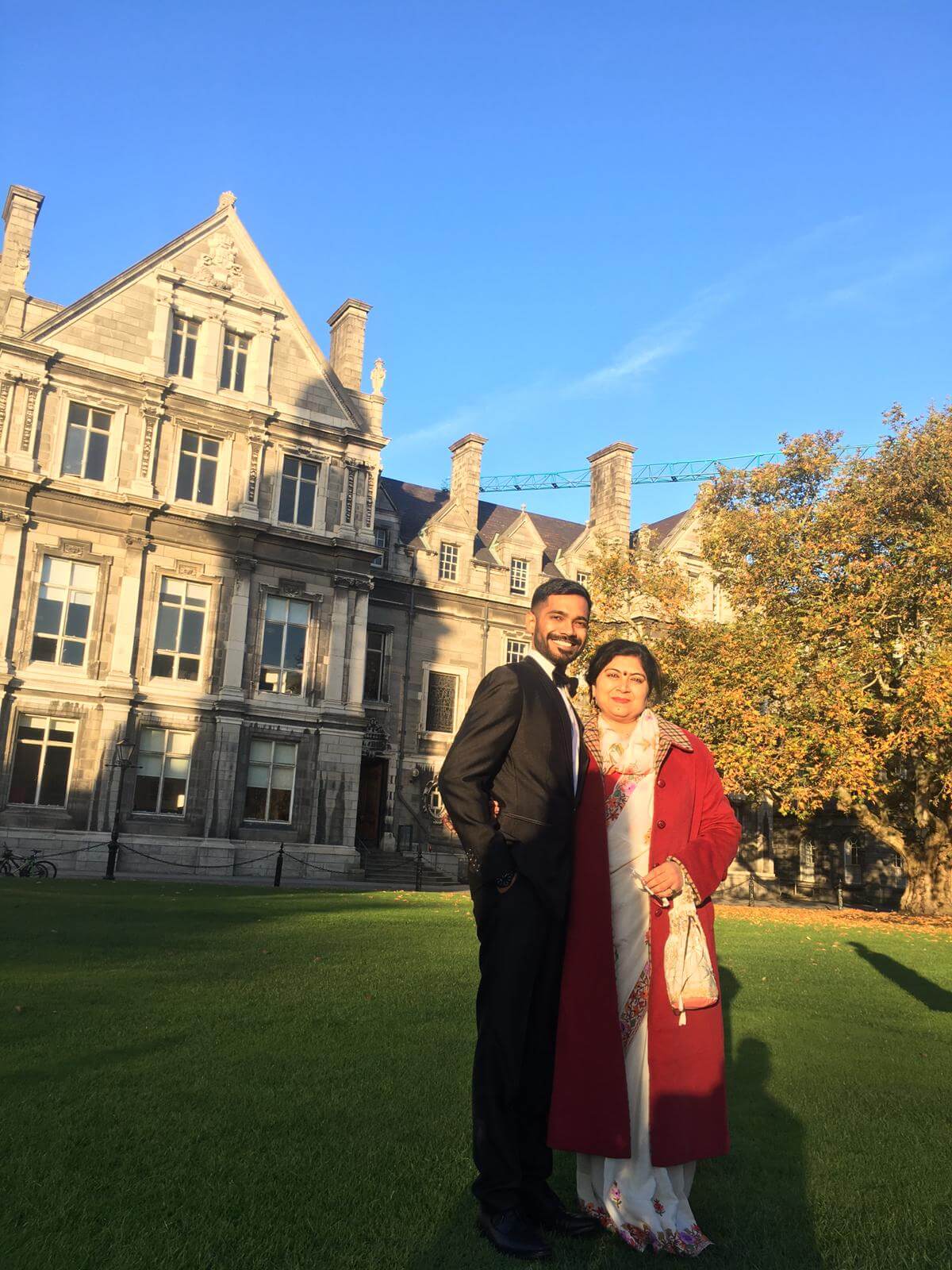
Jain pictured here on graduation day at Trinity Business School with his mother. Source: Shantanu Jain
Why did you choose to pursue your MBA at Trinity Business School in Ireland?
It’s well known that Dublin is booming as a hub for the headquarters of many large companies with vast opportunities. Given my interest in working on Live Company projects (alongside other projects associated with the Trinity MBA) and finding a chance to understand work culture, I chose to pursue it at Trinity Business School.
Without a doubt, the global reputation and rankings of the Trinity MBA sealed my decision to travel to Ireland, the Land of Saints and Scholars. This, and the two-year graduate scheme.
Walk us through the application process for the Third Level Graduate Scheme.
Ireland is one of the few EU countries to provide a two-year graduate work visa. The Irish Third Level Graduate Scheme exists to allow legally resident non-EEAA third level grads to remain in the country to seek employment and apply for a green card or work permit.
After shortlisting my college, the next step was to undertake the GMAT and achieve the required score for Trinity Business School. The application process for the course was very straightforward and had me write essays regarding my interest in the programme and about myself so the faculty would know me better.
The two-year graduate visa is under the Third Level Graduate Scheme which allows international students to stay for two years and look for jobs after graduating. Getting this visa is a simple and easy task.

“Given my interest in working on Live Company projects … I chose to pursue the MBA at Trinity Business School,” shares Jain. Source: Shantanu Jain
I simply booked my appointment online. I also found the list of documents that I needed to carry on the day of my booking. Trinity Business School was very helpful and assisted me in completing my submission of documents.
After the visa appointment, it was a three to four-week wait. Under this graduate scheme, graduates can search for jobs in Ireland and also work permanent and contract jobs.
During the period of two years, if a graduate can secure a job and the critical skills for it, then the employer can help them in acquiring the Critical Skills Permit.
Tell us more about your career trajectory since graduating.
Towards the end of my MBA experience, I was interviewed at PwC where I was hired as a senior associate. Now, I’m the manager of technology and digital consulting here.
PwC is one of the largest professional services firms on the globe and offers a broad range of services across audit, tax, and advisory. Applying here was a fairly simple process and one where networking proved to be very helpful.
When I was shortlisted, I was interviewed in two rounds. The final round was a business case study where we had to provide a solution for achieving a client’s ambiguous targets.
I was able to use my experience learned from the company project while studying the Trinity MBA programme. This made me really confident for the assessment and has been a great learning experience. I really enjoy working on digital transformation projects for better customer experiences.
How do you use the knowledge and skills gained in your MBA programme in your current job role?
As a manager, my role is to ideate and deliver tech solutions for my clients. This would include collaborating with various teams to gain insights and conceptualise a digital roadmap for smooth delivery. My previous industrial experience with new methods and tools learned from my MBA unlocked my potential for this role.
What practical learning elements did you learn in your course?
Listing out all of the practical learning elements would make an endless list so I’d say that there has been a lot of teaching imparted on the course which has helped in my development of a better thought process.

“The Irish Third Level Graduate scheme exists to allow legally resident non-EEAA third level grads to remain in the country to seek employment and apply for a green card or work permit,” Jain says. Source: Shantanu Jain
It also changed my approach to finding solutions. A lean canvas learned on the first day of my MBA programme turned out to be a boon that helps in formulating a solution for a client. The “Porter’s Five Forces Model” helps in designing a strategic approach for any given problem in my daily course of work — it is one of the many elements from my MBA journey.
What advice do you have for students who want to study abroad and apply for the graduate scheme in Ireland?
In Ireland, searching for a job can be challenging if clear goals are not set. You need to be clear on what role you want to pursue after an MBA and it’s important to have constant self-motivation.
I personally believe networking is a priceless tool in this job market. Remember to love life and enjoy it as much as you can while also being content at work. It’s important to have a work-life balance.
Ireland is a great country with its beautiful mountains and majestic sea. It holds a lot of personal and professional opportunities. I would urge everyone travelling to this country to realise their goals and dreams and live up to their fullest potential.
Where do you envision yourself in 10 years?
Fast forward 10 years ahead in my life, I would like to be in a place where there are more opportunities for myself and my family to grow. I hope to be still involved in digital transformation projects and making people’s lives better.
Being content with meaningful work is something I hope for along with my family and friends.
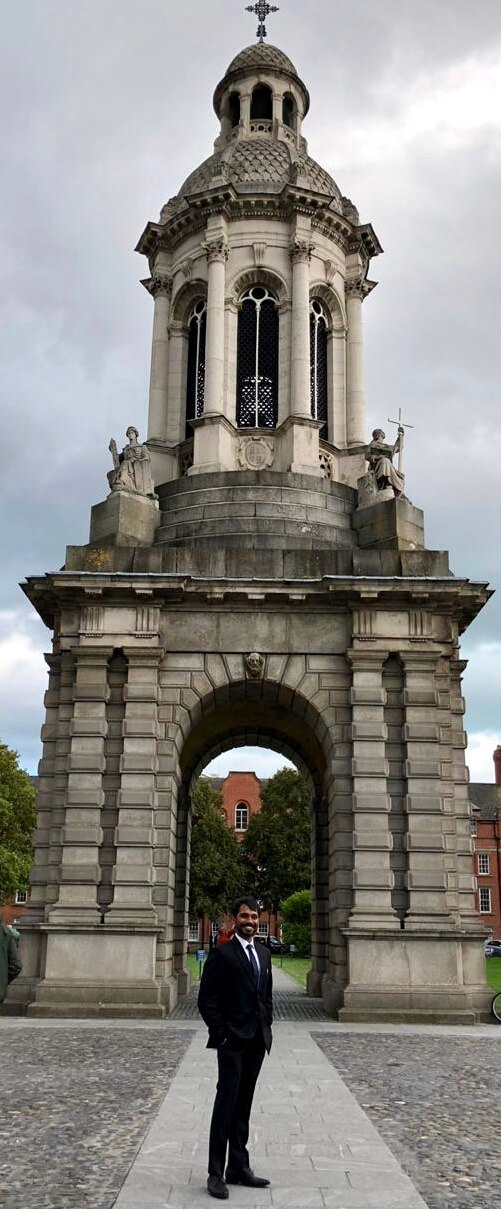
“Fast forward 10 years ahead in my life, I would like to be in a place where there are more opportunities for myself and my family to grow,” he says about his future. Source: Shantanu Jain
What do you miss from home and how do you substitute it?
Food! From a person who only ever used the kitchen to make coffee, I’ve transformed into someone who cooks daily and prefers a homemade meal over eating out or ordering food. During this transformation, I found cooking to be really therapeutic and I’ve made it part of my daily routine.








